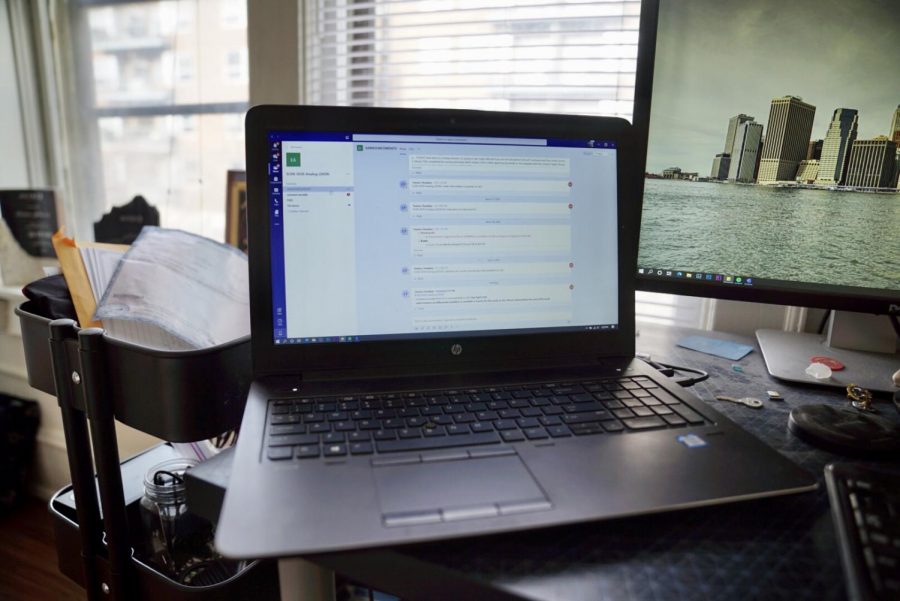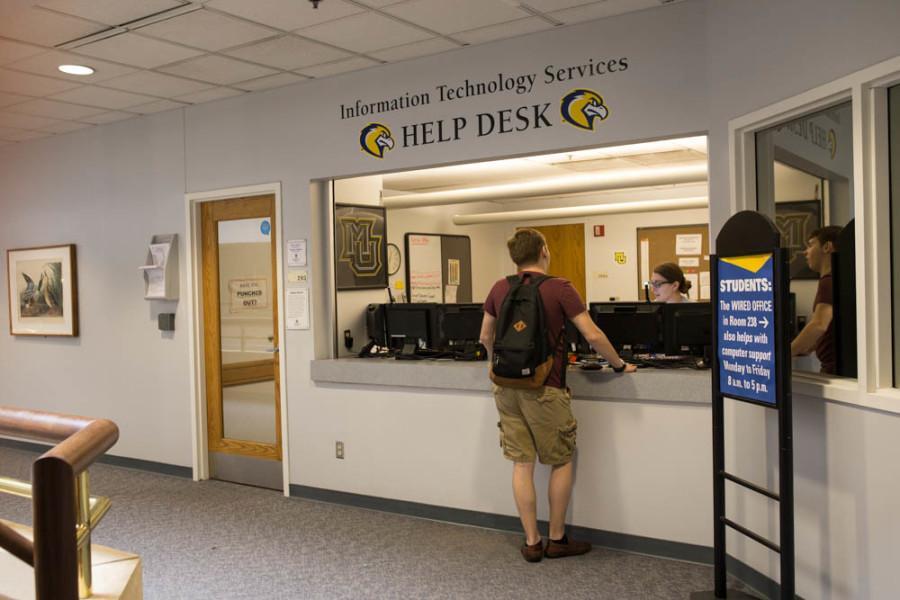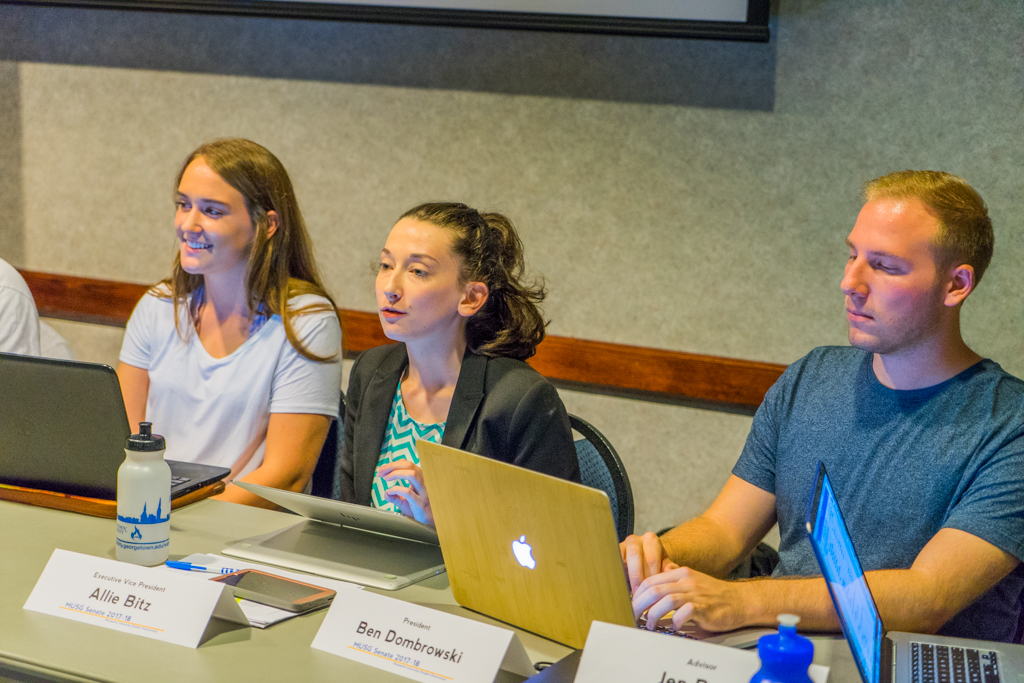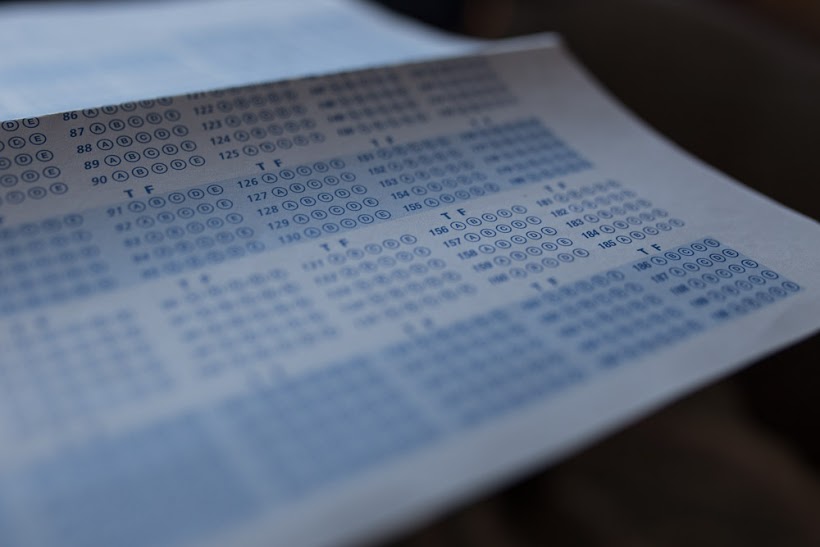With the abrupt shift to online education in the middle of March amid the spread of the novel coronavirus, professors and students alike have had to adjust to a new way of teaching and learning in order to accommodate social distancing guidelines.
Through D2L, Marquette released technological resources meant to facilitate this shift, including instructions for increased use of D2L and Microsoft Teams.
Claire Fellbaum, a first-year student in the College of Health Sciences, said the format of many of her classes have changed.
“The majority of my classes are either recorded lectures or PowerPoints are just posted,” she said. “I only have one class that does virtual class.”
While most of her classes have remained consistent in difficulty, Fellbaum said some of her professors have assigned more work since going online.
As for exams, she said most of her professors have made tests online or changed the format of examinations to better accommodate online learning.
“My exams are all online now,” she said. “One professor broke up the remaining exams into chapter quizzes, which has been really helpful and makes the workload less daunting.”
Aine Grady, a first-year in the College of Engineering, said all her exams have also moved online and that most of them have been open book and open note.
Also on D2L, Marquette released information on online proctoring of exams for professors who have elected to not change their exam formats or allow students to use their notes and other resources. The informational page provides more information on Respondus Lockdown Browser and Respondus Monitor, which will allow “the flexibility to complete an assessment at home while helping to ensure academic integrity.”
“Most of my professors have adapted the classes so that all of the material is available at all times online,” Grady said. “They are about the same difficulty as before with a similar work load.”
Similar to Fellbaum, Grady said all of her classes are formatted through PowerPoints or recorded lectures posted on D2L for her to go over in her own time.
Despite a general sense of smooth sailing in the transition to online classes, Fellbaum said she experienced a decline in motivation in herself and her peers after the shift to online education, since it is difficult to truly replace in-person classes.
Sean McLaughlin, a first-year student in the College of Engineering, said he has tried to keep up his motivation by maintaining a schedule. Even though his lectures are mostly recorded like Grady’s, he said he will do his class-work at the same time as if he were physically attending a class.
“My bio lecture was at 10, so I do bio at 10,” he said. “I think it’s helpful to stay on the same schedule as before to manage my time.”
Marquette’s IT services released a Technology for Remote Services website to help students and professors get the most out of the second half of spring semester. These include tutorials for online platforms such as D2L and Microsoft teams, as well as links to other resources such as the Ott Writing Center.
Nikita Deep, a junior in the College of Arts & Sciences, is a tutor at the Ott. She said that the writing center is still operating and is offering online sessions for students who are interested in remote appointments.
“I think in general, everyone is handling the situation very well,” Grady said. “I feel like all of my classes have been adapted in a way that still allows me to learn the content I was meant to learn.”
This story was written by Shir Bloch. She can be reached at shir.bloch@marquette.edu.






